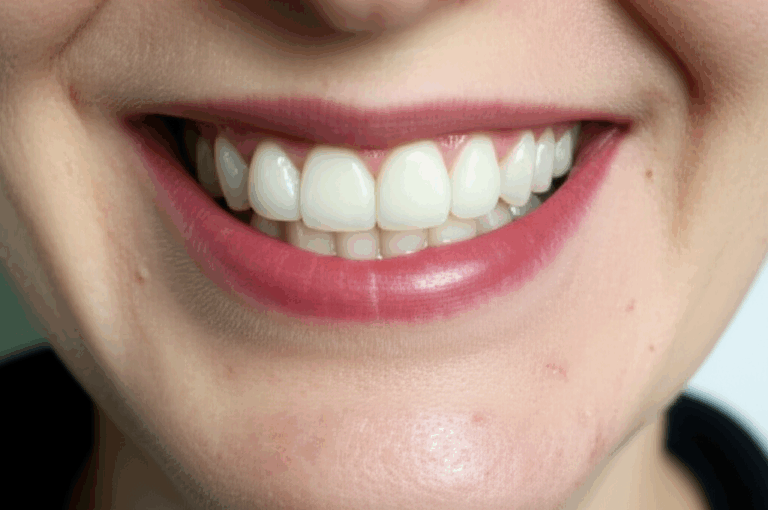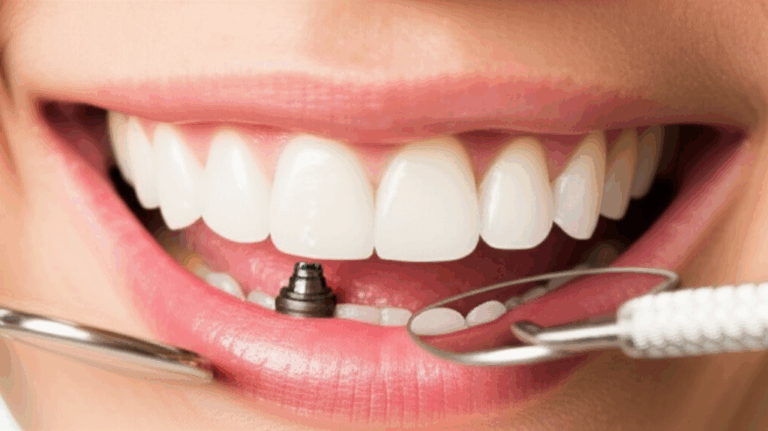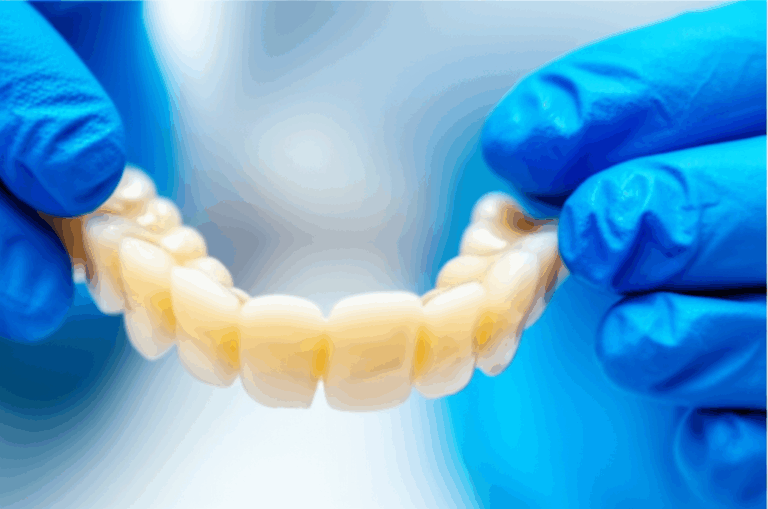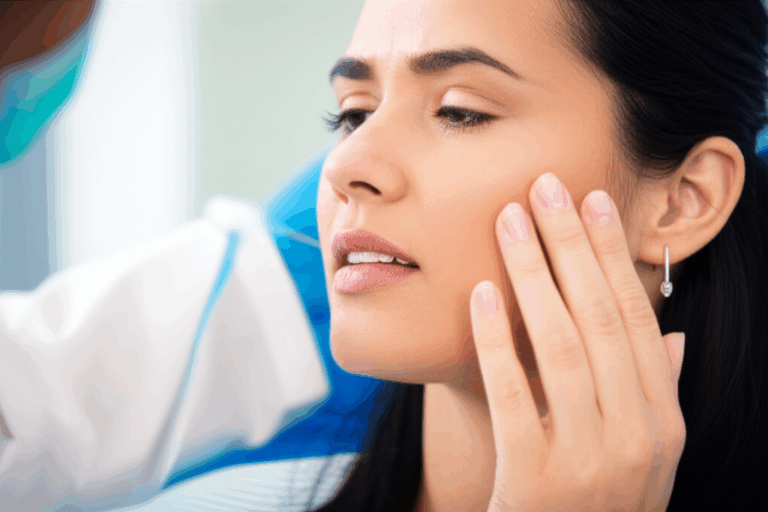
How to Make Dentist Numbing Go Away Faster
Table of Contents
- A. What Is Local Anesthesia?
- B. How Dental Numbing Works
- C. What Affects How Long You Stay Numb?
- D. Typical Numbing Duration With Common Agents
- A. Boosting Blood Flow—What Actually Works
- B. Hydration, Diet, and Metabolism Tricks
- C. Gentle Movements and Stimulation—But With Care
- A. What Is OraVerse (Phentolamine Mesylate)?
- B. When Should You Ask For It?
- C. Real-World Results—I Share What I Noticed
- A. Don’t Bite Yourself! How I Prevent Accidental Injuries
- B. Eating, Drinking, and Speaking—Tips I Wish I Knew Earlier
- C. Red Flags—When To Call The Dentist
Introduction: My First Encounter With Dental Numbing
I still remember the first time my face felt all numb after seeing the dentist. I tried to eat, but ended up drooling everywhere. Chewing was almost impossible. I wondered, How long will this last? How do I make it go away a bit quicker?
If you’re like me, you want that weird numb feeling gone fast. After every dentist visit, I’ve picked up some handy tips and figured out what really helps. Here’s everything I wish I knew earlier, with some friendly advice and real-life stories.
Why Dentists Numb You—and How Long It Lasts
A. What Is Local Anesthesia?
Everyone who sees a dentist knows about local anesthesia sooner or later. Usually, your dentist gives you a shot with something like Lidocaine or Articaine to stop pain in a certain spot. You’re awake, you just don’t feel pain where they’re working. Some common ones are:
- Lidocaine (Xylocaine)
- Articaine (Septocaine)
- Mepivacaine (Carbocaine)
- Bupivacaine (Marcaine)
They all work a little different and last for different times.
B. How Dental Numbing Works
Ever wondered why your lip or half your tongue feels thick and weird? These numbing shots stop the pain signals from getting to your brain. Sometimes, the dentist adds in something called epinephrine—it keeps you numb for longer by shrinking your blood vessels so the medicine sticks around.
C. What Affects How Long You Stay Numb?
From what I’ve seen, how long you stay numb depends on more than just the medicine. Check this out:
- Type and Amount Used: Some last a long time, and a big shot means you’re numb longer.
- Epinephrine: Keeps your mouth numb longer because it slows blood flow.
- Where the Shot Goes: Some places (like lower jaw shots) stay numb even up to 6 hours!
- Your Body: Fast metabolism? You’ll get feeling back sooner. Those who are thinner or younger (like kids) can shake it off faster.
- Other Health Stuff: Some medicines or health problems make numbness last more. That’s why your dentist asks about your health.
After big procedures like root canals or teeth removed, sometimes the numb side of my face lasts basically all day.
D. Typical Numbing Duration With Common Agents
| Anesthetic (w/ Epinephrine) | Tooth Numbing | Soft Tissue Numbness | Notes |
|---|---|---|---|
| Lidocaine (Xylocaine) | 1-2 hours | 3-6 hours | Used a lot |
| Articaine (Septocaine) | 1-2 hours | 3-5 hours | Kicks in fast, good for most work |
| Mepivacaine (plain) | 20-40 minutes | 2-3 hours | Good for little jobs or for kids |
| Bupivacaine (Marcaine) | 4-7 hours | 6-12 hours | Used for bigger or more painful jobs |
But these are just about how long. Sometimes I stayed numb all through dinner because of where I got the shot, or just because my body worked a bit slower that day.
Immediate Actions I’ve Used To Speed Up Numbness Wearing Off
I’ve tried tons of things people told me over the years. Here’s what actually helps a little.
A. Boosting Blood Flow—What Actually Works
If you can get more blood moving where you’re numb, it can help wash away the medicine quicker. Here’s what I do:
B. Hydration, Diet, and Metabolism Tricks
Your liver and your blood do most of the work in clearing away dental medicine. Some things I do:
- Drink Water: Being hydrated helps everything. I carry a water bottle after the dentist every time.
- No Booze: Alcohol and dentist drugs are a bad pair. Plus, it can slow how fast you heal. I just skip drinking till the numb feeling is gone.
- Be Careful With Hot Drinks: Your numb mouth won’t feel heat well—so I avoid super hot tea or coffee so I don’t burn myself by accident.
C. Gentle Movements and Stimulation—But With Care
Sometimes lightly moving my mouth or making little jaw movements seems to help too. Just gentle moves! Don’t bite down or you might hurt your numb lip or tongue. Just a little moving helps, but stay careful.
Dental Reversal Agents: My Experience With OraVerse & Talking To My Dentist
Once I had to be back at work only two hours after my dental appointment, so I needed to feel normal fast. That’s when my dentist told me about special numbing reversal medicine.
A. What Is OraVerse (Phentolamine Mesylate)?
OraVerse is a shot your dentist can give after your dental procedure. It helps bring feeling back sooner. It has phentolamine, which opens up blood vessels and helps your body get rid of the numbing drug faster.
B. When Should You Ask For It?
You might want to ask about OraVerse if:
- You need to talk for your job or meet people after seeing the dentist.
- You or your kid often bite your cheeks or lips while numb.
- You just really hate the numb feeling.
It isn’t always offered—some insurance doesn’t pay for it, and not all dentists keep it. If it matters to you, just ask about the price first, because it can cost more.
C. Real-World Results—I Share What I Noticed
When I tried OraVerse, the numbness went away about 90 minutes sooner than usual. I could talk and didn’t feel so silly leaving the office. It works for kids too—less risk of biting themselves.
If you need big work done, like dental crowns or other custom stuff, digital dental labs or crown and bridge dental laboratories can often help your dentist get the best fit, and talking about reversal shots can make your day easier.
Staying Safe While Numb: My Best Habits
Here are a few things I do to avoid hurting myself after dental numbing.
A. Don’t Bite Yourself! How I Prevent Accidental Injuries
I bit my lip really bad once after getting a filling. So now:
- I won’t eat until I can feel everything in my mouth.
- If I really have to eat (sometimes with long numbness), I stick to super soft stuff—like yogurt, eggs, or smoothies.
- I never poke the numb part with my teeth or anything. You won’t feel pain till later and you’ll regret it.
B. Eating, Drinking, and Speaking—Tips I Wish I Knew Earlier
Every time I’m numb, these things help:
- Food: Use a spoon, take tiny bites, and chew on the side that isn’t numb, if you can.
- Drink: Sip slowly. If you use a straw, don’t suck too hard. For places healing from dental surgery, it can mess up the healing.
- Temperature: Don’t drink anything too hot or cold. You can burn your mouth without knowing it!
- Talking: Let people know you just left the dentist if you sound funny. If you must talk, go slow and really shape your words.
Want to know about cool new options, like what you get from a china dental lab or advanced veneer lab? They can make talking and eating easy after dental work—just ask your dentist.
C. Red Flags—When To Call The Dentist
Call your dentist right away if:
- Numbness stays for more than 6-8 hours with no sign of going away
- You get swelling, red skin, or pain that gets worse
- You feel burning, tingling, or anything really unusual
- You have signs of allergy like hives, trouble breathing, or dizziness (rare, but serious)
The dentist is there to help you. Sometimes long numbness is just normal, but sometimes it needs attention.
Busting Common Myths (Through My Own Trial and Error)
I’ve heard lots of tips from people. Here’s what really happens.
- Does Coffee Help? I’ve tried chugging coffee. Didn’t change anything with the numbness. Caffeine can make your heart beat faster but that’s it.
- Can You Drive While Numb? If just your lips feel weird but you’re otherwise fine, it’s usually okay. But if part of your jaw hangs or you feel really off, better wait.
- Is Numbness Lasting Hours Normal? Yes, sometimes! Where you get the shot and your own body make a big difference.
- Can It Cause Permanent Problems? Almost never. Usually, numbness goes away after a while. Only in super rare cases does it last for days or more.
- Does Salt Rinse or Warm Water Help? Rinsing keeps your mouth clean but doesn’t really speed up recovering feeling. Warm towels work better for that.
My Favorite Takeaways for a Hassle-Free Recovery
After all my experiences, here’s what I always remember:
- The Numb Feeling Goes Away: It seems weird, but it does not last. After a few hours, you’ll feel normal again.
- Getting Feeling Back: Gentle massage, moving, drinking water, and, if your dentist has it, a special shot, help the most.
- Don’t Take Risks With Numb Mouth: Wait before you eat so you don’t end up with chewed lips or tongue. Go slow and listen to your body (and the dentist).
- Ask For Options: If you really can’t stand being numb or need to work soon after, talk to your provider and they can help. And sometimes, getting dental work from a great removable denture lab makes healing even easier.
- Don’t Stress Out: Knowing what’s normal makes the whole thing less scary. Give it time and be patient.
Dental checkups, crowns, even guard or denture work—all of it’s smoother when you understand things a bit better. Just remember, numbness goes away, and you’ll soon be eating and talking without any trouble.
If you ever get worried, call your dentist. They’re always your best help when you’re unsure.
A little info and some patience go a long way. Drink your water, move gently, and you’ll be back to feeling awesome soon. And if something feels off, don’t wait—give your dentist a call!








